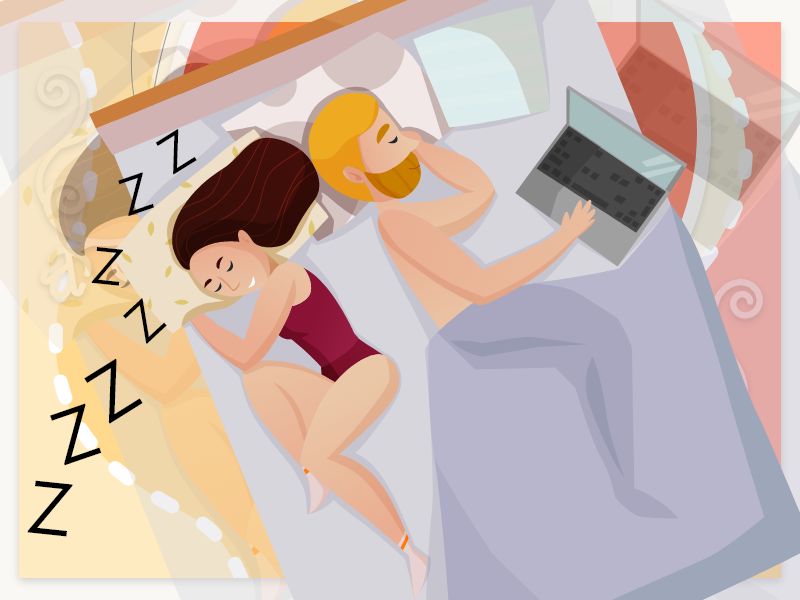Sleep Apnea Test

What is Sleep Apnea?
Sleep Apnea is a severe sleep disorder that occurs when your breathing stops and starts while you slumber. This condition is different from regular or primary snoring. Primary snoring can be caused by throat or nose conditions, sleep style, being overweight or of older age as well as the use of alcohol or other depressants.
The most common signs and symptoms of Sleep Apnea include:
- Headaches
- Trouble concentrating, crankiness, or forgetfulness
- Dry mouth or sore throat when you wake up
- Fatigue
- Snoring
Sleep Apnea Test
Tests to detect sleep apnea include:
- Nocturnal Polysomnography
During this test, you are hooked up to equipment that monitors your brain, lung, and heart activity. It also tests your breathing patterns, blood oxygen levels, as well as arm and leg movements.
In addition, you are likely to be referred to a sleep disorder center. There, a sleep specialist can help you determine your need for further evaluation.
Sleep Apnea and Weight Gain
According to experts, sleep apnea affects more than your sleep. It could also cause weight gain and prevent weight loss. Here are 3 facts you should know about Sleep Apnea and Weight Gain:
- Sleep Restriction Can Increase Your Appetite
How sleep apnea affects weight gain relies on two hormones called leptin and ghrelin. Leptin is meant to reduce your appetite and ghrelin is intended to increase it.
People with sleep apnea have significantly higher ghrelin levels. It is the hormone that makes you feel hungry. Also, it significantly lowers leptin levels, the hormone that makes you feel full. According to a sleep specialist, this means that individuals with this condition are more likely to feel hungry and consume more calories.
- Sleep Loss Can Hinder Your Ability to Lose Weight
Adults between the ages of 18 and 60 require at least 7 hours of sleep each night. However, if you are sleep-deprived, this may affect your ability to lose weight.
Studies have shown that sleep loss from sleep apnea can also lessen the ability of your body to lose weight effectively. It has shown that even when placed on low-calorie diets, individuals that are sleep deprived lost 55% less weight from fat than individuals that were on the same diet but had enough sleep.
- Weight Gain Can Increase Your Chances of Sleep Apnea
Being obese can also put you at a higher risk of developing sleep apnea. There are more tissue can be found on or around the throat as the body gains weight. This makes apnea events more common.
Does Losing Weight Eases Sleep Apnea?
From snoring to sleep apnea, weight loss may improve your sleep and lessen your risk of sleep apnea. For overweight individuals, this excess weight can be ruining your sleep and your health. Being overweight is linked to sleep apnea. It may also increase upper airway resistance. By excluding the extra pounds, you can improve your breathing and overall health. By resolving your sleep apnea, you may improve your lung and heart function as well.
HCG Diet and Its Benefits
HCG diet helps you manage your overall body weight, which in turn improves stamina and organ function. Proper performance of the body’s vital organs helps to supply the body with the energy it needs for the physical exertions of everyday life.
There are various key reasons why people turn to the HCG diet for their weight loss journey. Let’s look at these more in-depth.
- Quick weight loss
- Overall health boost
- Better diet
- Little to no exercise required

